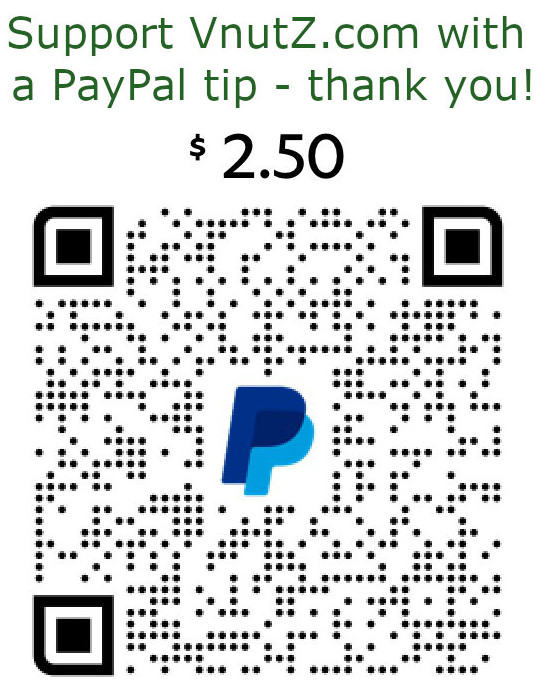Federal HEAR Ban
For nearly the entire lifespan of criminal mass shootings in the United States, suppressors (or "silencers" to the uninitiated) were never involved. That is, until the Virginia Beach shooting on May 31st, 2019 when a gunman killed 12 people and utilized a suppressor. In response to this, Senator Bob Menendez of New Jersey introduced the HEAR Act (Help Empower Americans to Respond) under the presumption that a Federal ban on suppressors will save lives. According to the Senator:
"The sound of gunshots is what tells you that your life is danger, and that it’s time to run, hide, take cover, call the police and help others save themselves. At the end of the day if you can hear a weapon you might just save a life."
How quiet can a suppressor really make a firearm? Firstly, it's important to understand how they work. When a bullet is fired, it is propelled down the barrel by an explosive charge of hot, expanding gas. When the bullet clears the barrel, that gas is released as well creating the loud report of the gunshot. Silencers are basically long and wide extensions of the barrel which allow the gases to depressurize and expand into a larger volume which cools them thanks to Boyle's Law resulting in a quieter gunshot.
Is it movie quiet? Not at all. Typically, a suppressor can reduce a gunshots report by about 30 decibels. Considering that a .22lr bullet from a bolt action rifle is about as quiet a firearm can be, suppressed firearms still rank up among emergency sirens and thunder in terms of loudness. As a matter of fact, unless a shooter purchases subsonic ammunition, while the gunshot report is reduced, the bullet itself still produces a supersonic crack. The only thing a suppressor really does is allow you to shoot without hearing protection.
For what it's worth - obtaining a suppressor is a heavily bureaucratic process that has no famous loopholes. A suppressor is considered a Class III NFNA item and is regulated Federally by the ATF (Bureau of Alcohol, Tobacco and Firearms). A prospective owner must pay $200 for the application and wait through a 6-9 month administrative review process to obtain Federal approval to possess the suppressor, at which point they can pick it up from a Class III FFL.
Acquiring a suppressor for the use in a spur of the moment criminal activity isn't a matter of going to a pawn shop and picking one up along with a .38 special. Senator Menendez's HEAR Act will not remove "movie quieting silencers" from mass-shooter's inventories, rather it will only turn citizens that have dutifully followed longstanding NFNA regulations into criminals.


